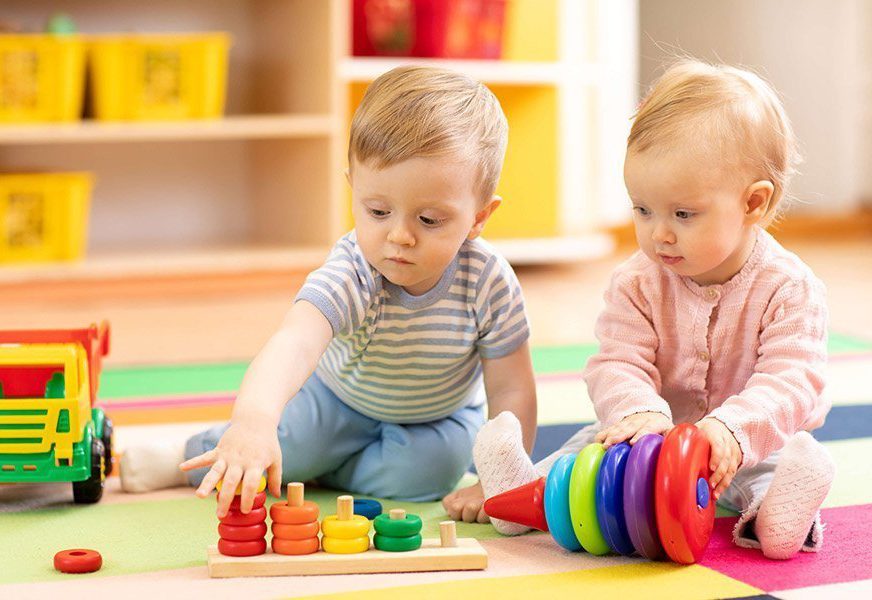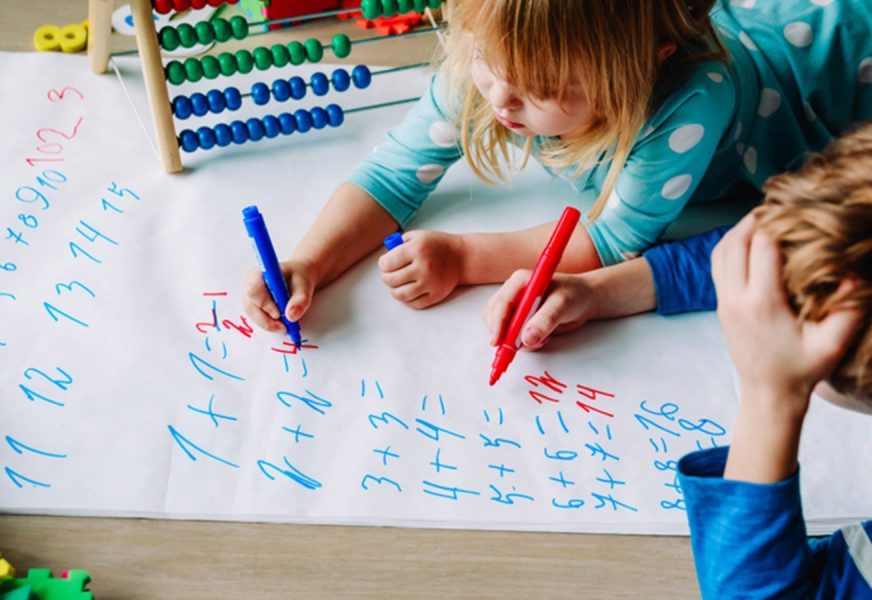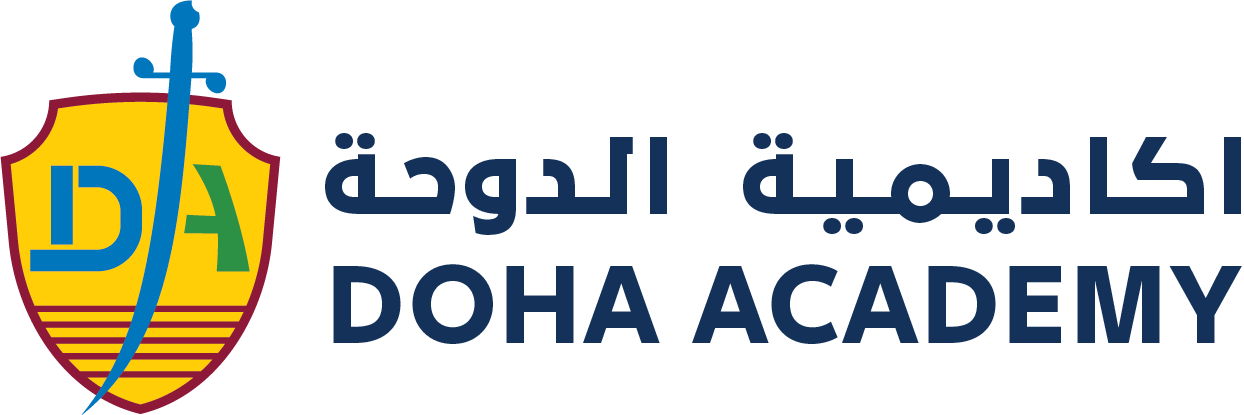Doha Academy offers a curriculum which is based on the National Curriculum of England.














British education is renowned for its development of the whole child. Academic learning is important, but not enough in itself. Young people need to develop their potential to explore and discover the world around them, to think for themselves and form opinions, to relate to others, to develop their bodies through sport and physical education, and to gain experience in taking responsibility.
In the British education system, students are taught to learn by questioning, problem-solving and creative thinking rather than by the mere retention of facts, hence giving them analytical and creative thinking skills that they will need in the working world. A variety of teaching and assessment methods designed to develop independent thought, as well as a mastery of the subject matter are used. The British education system also provides a wide range of extra-curricular activities.
Overall Structure
The National Curriculum for England has a clearly defined series of academic and other objectives at every level. The education system is divided into the Foundation Stage (ages 3 to 5), Primary education (ages 5 to 11) and Secondary education (ages 11 to 18) leading most typically to an A Level qualification.
Primary and Secondary are further broken down into key stages. Key Stage 1 includes Year 1 and Year 2. Key Stage 2 is the longest key stage and includes Year 3 to Year 6. Key Stage 3, the first key stage in Secondary includes Year 7 to Year 9. Students in Key Stage 4 typically begin their GCSE or IGCSE studies in Years 10 and 11. In Key Stage 5, which includes Year 12 and 13, students engage in their A-level learning and assessments.
At the end of each Key Stage 1, 2, and 3, progress is evaluated through internal and external assessments against the National Curriculum standards for all core subjects: (English, Math, Science and Humanities).
Learning for Tomorrow
We live in a rapidly changing world, where must prepare our students for life in a society where they will work in jobs that do not currently exist, employing technologies that have not yet been invented. Through the National Curriculum at Doha Academy, we place significant emphasis on the development of personal learning and thinking skills that develop our young people into flexible and adaptive thinkers, who are able to navigate changing circumstances without fear of inhibition, enabling and empowering them to meet the demands of 21st century.
Personal Development
We understand that the children of tomorrow are going to need very different personal qualities and skills than their former generations. For this reason, Doha Academy aims to provide its students with ‘an education for life’, along with developing the ‘whole child’ in conjunction with strong academic knowledge. We endeavor to instill in our learners our key values:
- Independent thinking, with a possession of life-long study skills
- Respectful and caring with responsible attitudes
- Spiritually well-grounded in the practices and teaching of Islam, engendering Islamic values and principles
- Positive and reflective in outlook (we have a ‘can do’ attitude with a willingness to learn from our mistakes)
- Motivated and enquiring learners who look beyond the here and now, and want to learn more with a genuine interest in life-long learning
- Team players with a willingness to participate and make a collaborative effort to achieve a common goal International Mindedness and Global Awareness
An essential life skill is developing an understanding of, and a respect for others. We embrace this concept through nurturing and fostering this respect for one another within both our immediate community and the world in which we live. We encourage our children to identify similarities rather than differences among cultures and to celebrate and respect other people’s beliefs, opinions, and customs.
Problem Solving and Creative Thinking Skills
We place significant value on the development of problem solving and creative thinking skills. For example, in Science our students learn to investigate and hypothesize, observe and draw conclusions, discussing their findings, building on the knowledge they’ve gained. In Humanities, they learn how to research, interpret and develop historical enquiry skills, analyzing data, and primary and secondary sources. Our learners at are able to apply their mathematical skills and select strategies to think logically
Information, Communication and Technology (ICT)
